The OECD Guidelines for chemical testing encompass a compilation of the globally acknowledged testing methods extensively employed by governments, industry, and independent laboratories to evaluate the safety of chemicals.
OECD guidelines are internationally accepted standards for various types of testing, including skin sensitization.
Adherence to OECD guidelines ensures that the company’s testing methods are scientifically valid and based on established principles. This enhances the credibility and reliability of the results obtained through the testing process.
Many regulatory authorities around the world recognize and my require adherence to OECD guidelines for certain types of testing. By following these guidelines, companies position themselves to meet regulatory expectations and requirements.
OECD guidelines often emphasize quality assurance and control measurement in testing protocols.
Following standardized OECD procedures facilitates comparability of results across different laboratories and studies.
OECD guidelines typically include considerations for the ethical treatment of test subjects and emphasize the importance of animal welfare. Adhering to these guidelines demonstrates a company’s commitments to ethical practices in research and testing.
Our drug evaluation process utilizes already validated testing methods in accordance with the OECD Guidelines for the Testing of Chemicals.
This approach emphasizes reducing the use of laboratory animals and better protecting human health and the environment.
Additionally, adhering to the principle of ‘tested once, accepted for assessment everywhere’, this method saves the chemical industry the expense of redundant testing for products marketed in multiple countries.

OECD guidelines are internationally accepted standards for various types of testing, including skin sensitization.
Adherence to OECD guidelines ensures that the company’s testing methods are scientifically valid and based on established principles. This enhances the credibility and reliability of the results obtained through the testing process.
Many regulatory authorities around the world recognize and my require adherence to OECD guidelines for certain types of testing. By following these guidelines, companies position themselves to meet regulatory expectations and requirements.
OECD guidelines often emphasize quality assurance and control measurement in testing protocols.
Following standardized OECD procedures facilitates comparability of results across different laboratories and studies.
OECD guidelines typically include considerations for the ethical treatment of test subjects and emphasize the importance of animal welfare. Adhering to these guidelines demonstrates a company’s commitments to ethical practices in research and testing.
Our drug evaluation process utilizes already validated testing methods in accordance with the OECD Guidelines for the Testing of Chemicals.
This approach emphasizes reducing the use of laboratory animals and better protecting human health and the environment.
Additionally, adhering to the principle of ‘tested once, accepted for assessment everywhere’, this method saves the chemical industry the expense of redundant testing for products marketed in multiple countries.
Lambda provides OECD guideline tests, which are internationally recognized standards for evaluating the potential impact of chemicals and other substances on human health and the environment.
These guidelines ensure the establishment of standardized and reliable methods for assessing the safety and potential risks associated with chemicals.
Lambda provides OECD guideline tests, which are internationally recognized standards for evaluating the potential impact of chemicals and other substances on human health and the environment.
These guidelines ensure the establishment of standardized and reliable methods for assessing the safety and potential risks associated with chemicals.